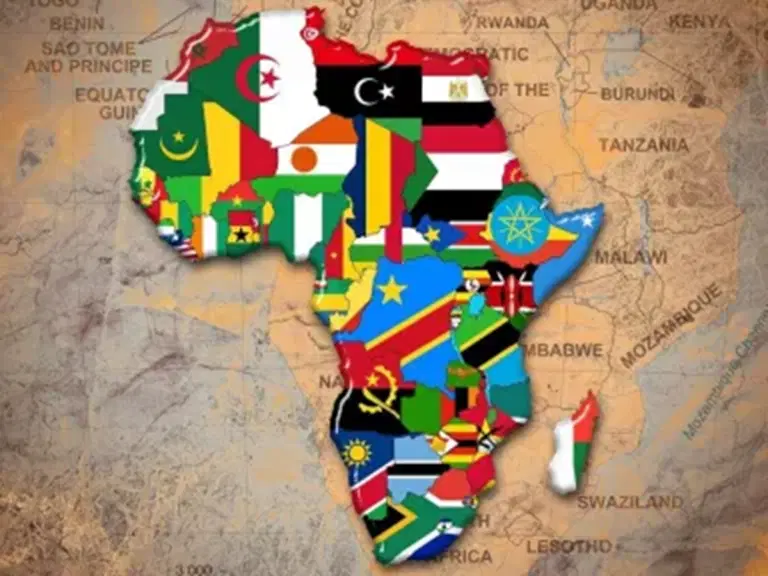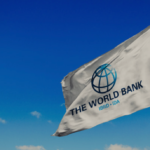Africa has long been perceived through the lens of challenges rather than opportunities. However, a paradigm shift is underway that positions the continent as a notable frontier for global investment in the 21st century. As shifting demographics, technological advances, and resource abundance converge, Africa’s investment landscape is becoming increasingly attractive to both institutional investors and multinational corporations seeking sustainable growth.
Africa is home to a population of over 1 3 billion people, with a median age of 19. 7 years. This youthful demographic presents a vast labour force that can make a significant contribution to economic growth. According to the World Bank, Africa’s working-age population is projected to reach 1 billion by 2030. This growth in potential labour not only boosts productivity but also attracts global investors seeking viable markets for expansion. The large, youthful population is essential for driving innovation and consumption as more young people enter the workforce.
International investment in Africa is shifting from purely extractive sectors to more diverse fields such as technology, healthcare, and agriculture. These sectors not only promise high returns but also play a critical role in sustainable development. The emphasis on socio-economic impact, including corporate responsibility, aligns well with investors looking to make a positive difference while achieving financial objectives. The integration of social performance metrics into investment considerations signifies a broader shift towards responsible investing, where Africa can lead in offering sustainable growth opportunities.
The continent is rich in natural resources, encompassing vast deposits of minerals, oil, and gas. Countries such as Nigeria and Angola are significant oil producers, while the Democratic Republic of Congo holds a substantial share of the world’s cobalt reserves. As global demand for energy and critical minerals rises, Africa’s resources become increasingly valuable. The International Monetary Fund (IMF) estimates that resource-rich countries in Africa can serve as pivotal suppliers for industries transitioning to sustainable technologies. The integration of Africa into the global supply chain is an appealing prospect for many investors.
- Advertisement -
Recent economic growth trends in Africa further underscore its investment appeal. According to the African Development Bank, the continent’s GDP is expected to grow by 4. 1 cent in 2023, with sectors such as technology, finance, and agriculture leading the charge. This robust growth trajectory is supported by advancements in infrastructure and increased foreign direct investment (FDI). In 2021, FDI inflows to Africa reached approximately 40 billion USD, indicating growing confidence in African markets. Countries like Kenya and Rwanda have emerged as investment hubs, attracting significant capital inflows and showcasing successful economic reform initiatives.
Africa’s consumer market is also increasingly affluent, and global companies are taking note. With an expanding middle class and rising disposable incomes, consumer spending patterns are shifting. Sectors such as retail, telecommunications, and consumer goods are flourishing, becoming prime targets for both local and international investment. Brands and corporations that can effectively tap into the emerging consumer base stand to gain immensely, as the continent grows more pivotal in global consumption narratives.
While numerous opportunities exist, potential investors must also navigate challenges. Political instability, corruption, and inadequate infrastructure can deter investments. Nonetheless, many African governments are implementing policies aimed at mitigating these risks. Initiatives such as the African Continental Free Trade Area (AfCFTA) aim to enhance intra-African trade, fostering economic cooperation and stability. According to the United Nations Economic Commission for Africa, AfCFTA could boost Africa’s GDP by over 2. 5 trillion USD by 2030. Such policies signal a commitment to creating a conducive environment for investment.
The technology sector in Africa is particularly noteworthy. The continent has witnessed an explosion of tech startups, with the value of African tech companies reaching 4. 5 billion USD in 2021. Cities like Lagos, Nairobi, and Cape Town are emerging as tech hubs. Investors are flocking to these cities, eager to capitalise on innovative solutions tailored to local challenges. For instance, mobile payment services like M-Pesa have revolutionised banking accessibility and exemplify the potential for tech-driven solutions. Moreover, the rapid adoption of mobile technology has positioned Africa as a leader in fintech, further enhancing its investment landscape.
Looking ahead, Africa’s investment potential is poised to expand even further. As climate change becomes a pressing global concern, investors are increasingly drawn to sustainable projects. The African Renewable Energy Initiative aims to generate 10 gigawatts of renewable energy by 2020, facilitating investments in clean energy sectors. Additionally, with urbanisation being a prominent trend, investments in sustainable urban infrastructure and housing will likely gain traction. Experts predict that these sectors may attract billions in funding, leading to both economic growth and environmental sustainability.
- Advertisement -
Africa stands at a crossroads, boasting significant investment potential driven by its young population, vast resources, and emerging economic growth. While challenges exist, the continent’s commitment to reform and development is encouraging. Influential leaders and innovative sectors further amplify this potential, making Africa a focal point for global investors. As we look to the future, it is essential to recognise the investment opportunities that Africa presents, not only for economic gain but also for fostering sustainable development and lifting millions out of poverty. The continued engagement of international stakeholders will undoubtedly shape Africa’s trajectory, making it a key player in the global economy.










